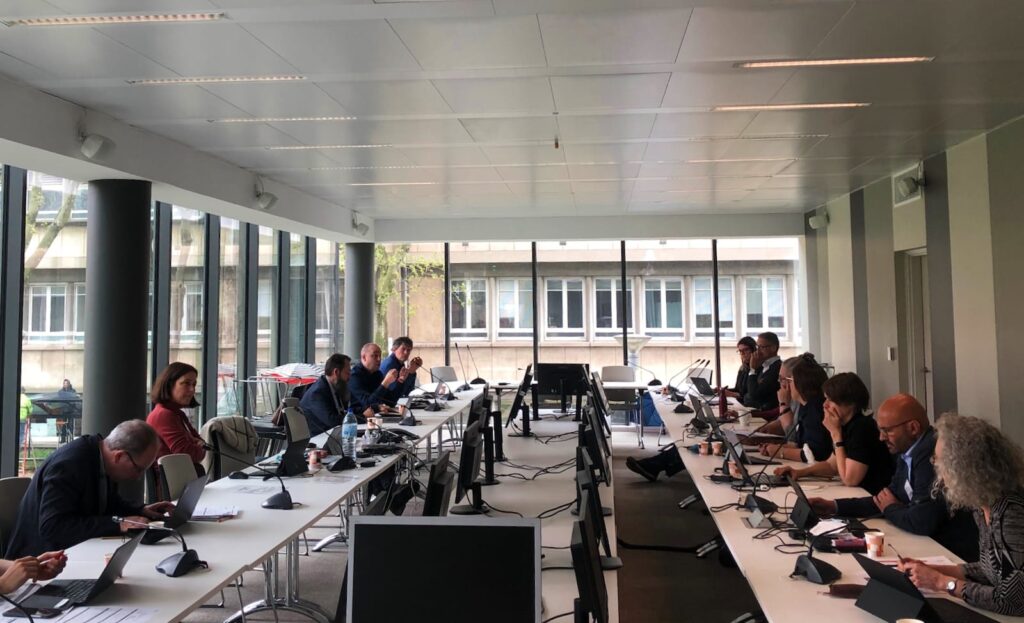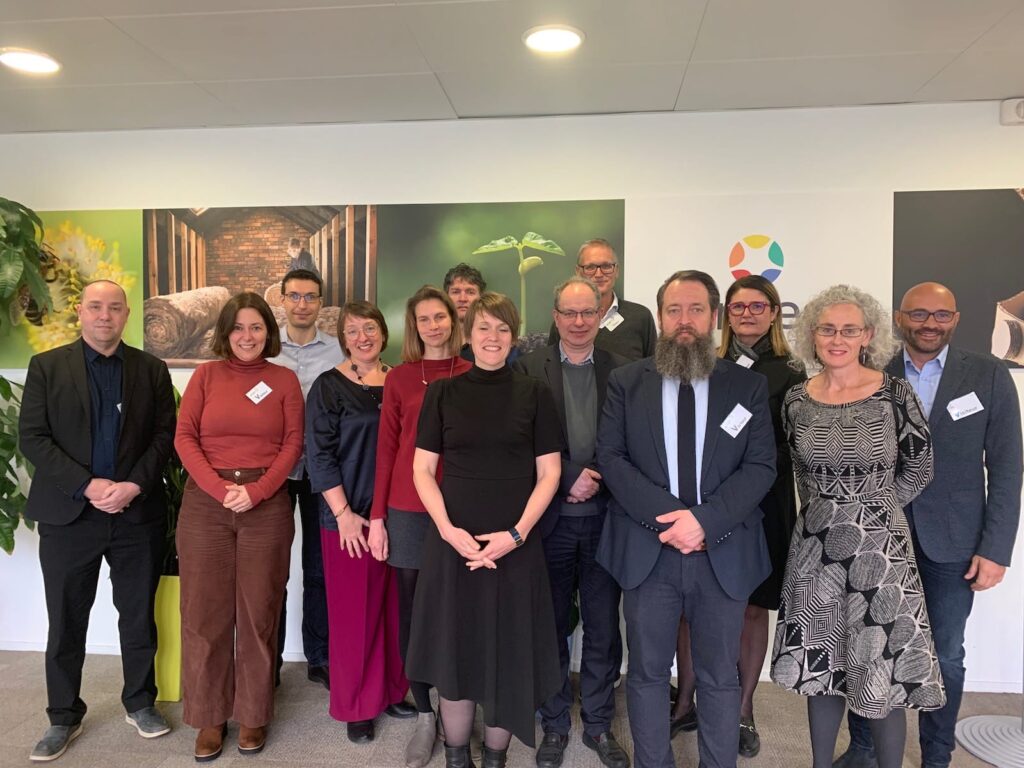A meeting, which took place in Paris, gathered 10 EFSA Advisory Forum members who are part of the Advisory Group on data. Director of the Croatian Agency for Agriculture and Food (HAPIH) Darja Sokolić, PhD, participated on behalf of Croatia.
The meeting was organised at the French Agency for Food, Environmental and Occupational Health & Safety (ANSES). The Group carried out a mapping of common data flow characteristics in their Member States. Members collaborated to identify processes, weak points and bottlenecks in food safety data collection systems. They characterized national data flows as complex and time-consuming, which is the reason why improvement is necessary.
Members of the working group also discussed the applicability of three tools: business rules engine, mapping tools and data sampling at the point of collection.
“Although we need complete and systematic knowledge of data processes, their bottlenecks and solutions, we have expressed a willingness to cooperate, jointly create and adopt new knowledge,” said Director Sokolić, adding the importance of national and international cooperation. One of the priorities is to encourage process automation for data exchange and data analysis.

EFSA Advisory Group on Data was endorsed and launched at the end of 2020 as a result of the activities of Advisory Forum Task Force on Data Collection and Data Modelling and EFSA Advisory Forum meeting. Ten members of the Advisory Forum are a part of the Group, together with EFSA and DG SANTE employees.
The main objective of this working group is to act in an advisory capacity providing input on and oversight of projects and activities launched by EFSA and the Member States to implement recommendations of the Advisory Forum Task Force on Data Collection and Modelling.
In 2022, the Group will continue to develop project ideas related to the development and implementation of tools that could improve the exchange of data. In particular, it will focus on implementing findings from projects already adopted in one Member State in the other Member States. One of the next step is also to launch the subgroups that would help identify good practices and solutions to specific problems related to data collection, exchange and analysis at the EU level.

Source of cover image: freepik/pressfoto